- General Description:
Welcome to our first open Complexity Challenge! Our pilot Challenge was by invitation only, but this time around anyone can apply to take part and tackle a real-world problem in complex systems.
Our Complexity Challenges are designed to be as open as possible. As in any problem needing solving in the real world, our challenge questions can always be solved in many ways, and the most valuable solution may not come from the most obvious source. Participants with background in any field - from sociology to computer engineering - should be able to look at our upcoming challenge, see something they recognize, and come up with a brilliant solution.
Unlike other online competitions, the Complexity Explorer Challenges aren’t designed to solicit the right answer, but many right answers. It’s then up to the challenge participants themselves to decide the best solution with our unique peer review system.
Spring 2018's Complexity Challenge will be an updated and more sophisticated take on a classic SFI Optimization problem.
This time around, in addition to a written solution to the Challenge, we'll also be running an optional NetLogo Tournament. Check back on Monday for details on how to enter the tournament and win a prize!
This Challenge will be capped at 200 participants. Any individual who has applied for access to the Complexity Challenges and had their application approved is invited to enroll on a first come, first serve basis.
About the Instructors
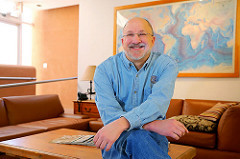 John Miller is Chair of the Science Steering Committee and an External Professor at the Santa Fe Institute. He is also a Professor of Economics and Social Science at Carnegie Mellon University, Department of Social and Decision Sciences. He received a B.A. in Economics and B.S. in Finance from the University of Colorado and a M.A. and Ph.D. in Economics from the University of Michigan. He joined the Santa Fe Institute as their first post doctoral fellow in 1988. His research focuses on complex adaptive social systems. He was born and raised in Denver, Colorado---the fourth generation of a family of ranchers.
John Miller is Chair of the Science Steering Committee and an External Professor at the Santa Fe Institute. He is also a Professor of Economics and Social Science at Carnegie Mellon University, Department of Social and Decision Sciences. He received a B.A. in Economics and B.S. in Finance from the University of Colorado and a M.A. and Ph.D. in Economics from the University of Michigan. He joined the Santa Fe Institute as their first post doctoral fellow in 1988. His research focuses on complex adaptive social systems. He was born and raised in Denver, Colorado---the fourth generation of a family of ranchers.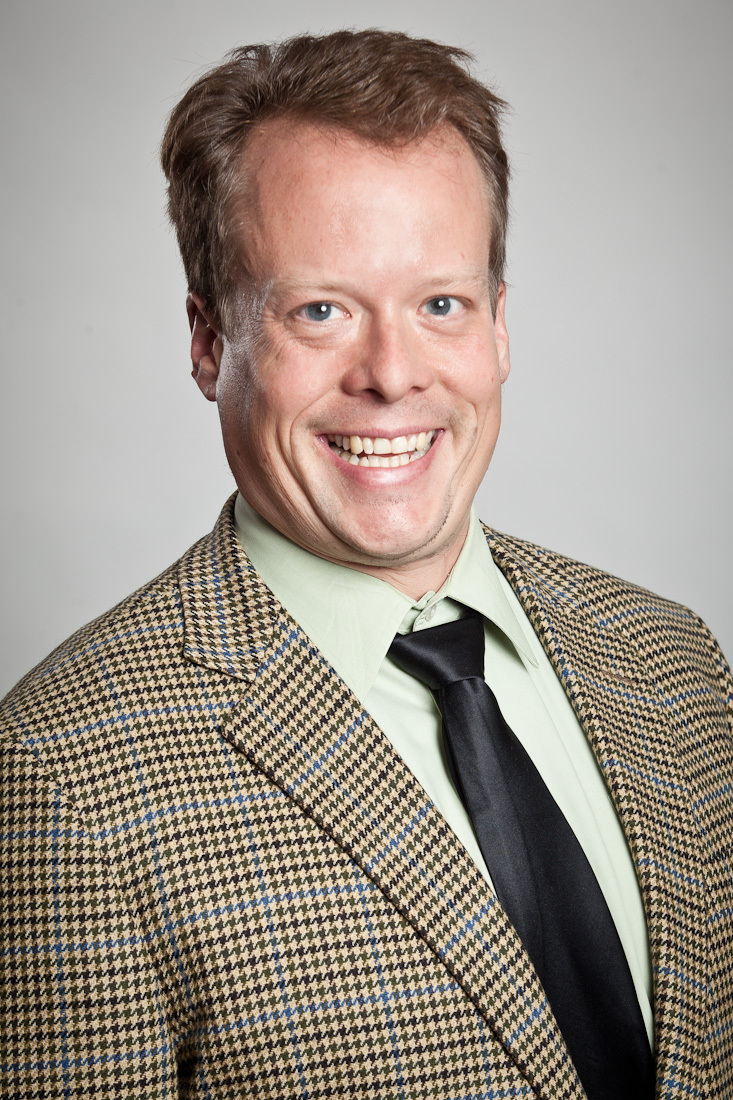
Bill Rand is an assistant professor of Business Management at the Poole College of Management at North Carolina State University and a computer scientist by training. He recently co-authored a textbook on agent-based modeling with Uri Wilensky, the author of the NetLogo programming language. He is also the author of over 50 scholarly papers, many of which use agent-based modeling as their core methodology. He received his doctorate in computer science in 2005 from the University of Michigan, and was also awarded a postdoctoral fellowship to Northwestern University, where he worked directly with Uri Wilensky as part of the NetLogo development team.
Course Team:
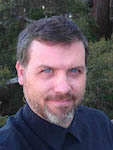 Matt L. Miller is a doctoral candidate at the University of California at Davis. Matt studies coordination, cooperation, and the emergence of prosocial behavior. His research primarily involves agent-based models, but also encompasses analytical models of evolution, multilevel statistical models, and structural equation modeling. If you've got a question about algorithms or code speed optimization in Java, Matt's a good guy to ask. He is also a good resource for data analysis in R. Matt is a NSF graduate fellow who escaped the IT world to study psychology, but once again frequently finds himself stuck in windowless rooms with stacks of humming computers.
Matt L. Miller is a doctoral candidate at the University of California at Davis. Matt studies coordination, cooperation, and the emergence of prosocial behavior. His research primarily involves agent-based models, but also encompasses analytical models of evolution, multilevel statistical models, and structural equation modeling. If you've got a question about algorithms or code speed optimization in Java, Matt's a good guy to ask. He is also a good resource for data analysis in R. Matt is a NSF graduate fellow who escaped the IT world to study psychology, but once again frequently finds himself stuck in windowless rooms with stacks of humming computers.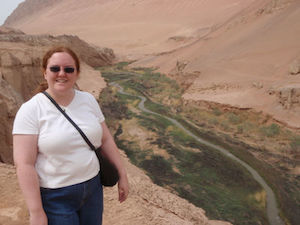 Ellen D. Badgley is a software engineer with the MITRE Corporation, specializing in computational social science and geospatial applications. She's worked on such diverse subjects as geospatial data modeling, spatial optimization of large public facilities, and agent-based modeling to assess military equipping/readiness. She's particularly interested in the emergence of complex societies and the possibilities of agent-based modeling to understand historical patterns. She received a BA in Anthropology and her MS in Geographic and Cartographic Sciences from George Mason University (with quite a few electives in their Computational Social Science department), and attended SFI's Complex Systems Summer School in 2016.
Ellen D. Badgley is a software engineer with the MITRE Corporation, specializing in computational social science and geospatial applications. She's worked on such diverse subjects as geospatial data modeling, spatial optimization of large public facilities, and agent-based modeling to assess military equipping/readiness. She's particularly interested in the emergence of complex societies and the possibilities of agent-based modeling to understand historical patterns. She received a BA in Anthropology and her MS in Geographic and Cartographic Sciences from George Mason University (with quite a few electives in their Computational Social Science department), and attended SFI's Complex Systems Summer School in 2016.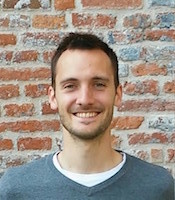 Mika Straka is a theoretical physicist working in big data research with the Würth Group. After studying one-dimensional chains and two-dimensional gases for his Master's and Bachelor's, he eventually tackled complex networks during his PhD. His interest in complex systems got sparked in high school when reading a book on traffic jams and the synchronization of hand clapping during standing ovations (spoiler: boredom is key). Using Python, his Swiss Army Knife for coding, he likes to explore captivating phenomena that develop from simple principles.
Mika Straka is a theoretical physicist working in big data research with the Würth Group. After studying one-dimensional chains and two-dimensional gases for his Master's and Bachelor's, he eventually tackled complex networks during his PhD. His interest in complex systems got sparked in high school when reading a book on traffic jams and the synchronization of hand clapping during standing ovations (spoiler: boredom is key). Using Python, his Swiss Army Knife for coding, he likes to explore captivating phenomena that develop from simple principles.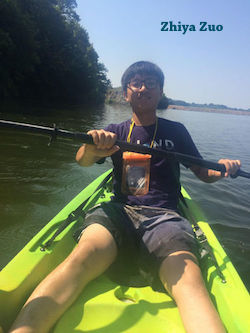 Zhiya Zuo is a PhD candidate in Information Science at the University of Iowa. His research interest lies in research collaboration, facutly hiring, and scientific impact using text mining and network analysis techniques.
Zhiya Zuo is a PhD candidate in Information Science at the University of Iowa. His research interest lies in research collaboration, facutly hiring, and scientific impact using text mining and network analysis techniques.- Like this challenge?
- Donate to help fund more like it
- Challenge Held:
23 Apr 2018 5pm UTC - 04 Jun 2018 6pm UTC
- This challenge is not currently accepting solutions.
- Want to take part in a challenge?
- Apply for Admittance